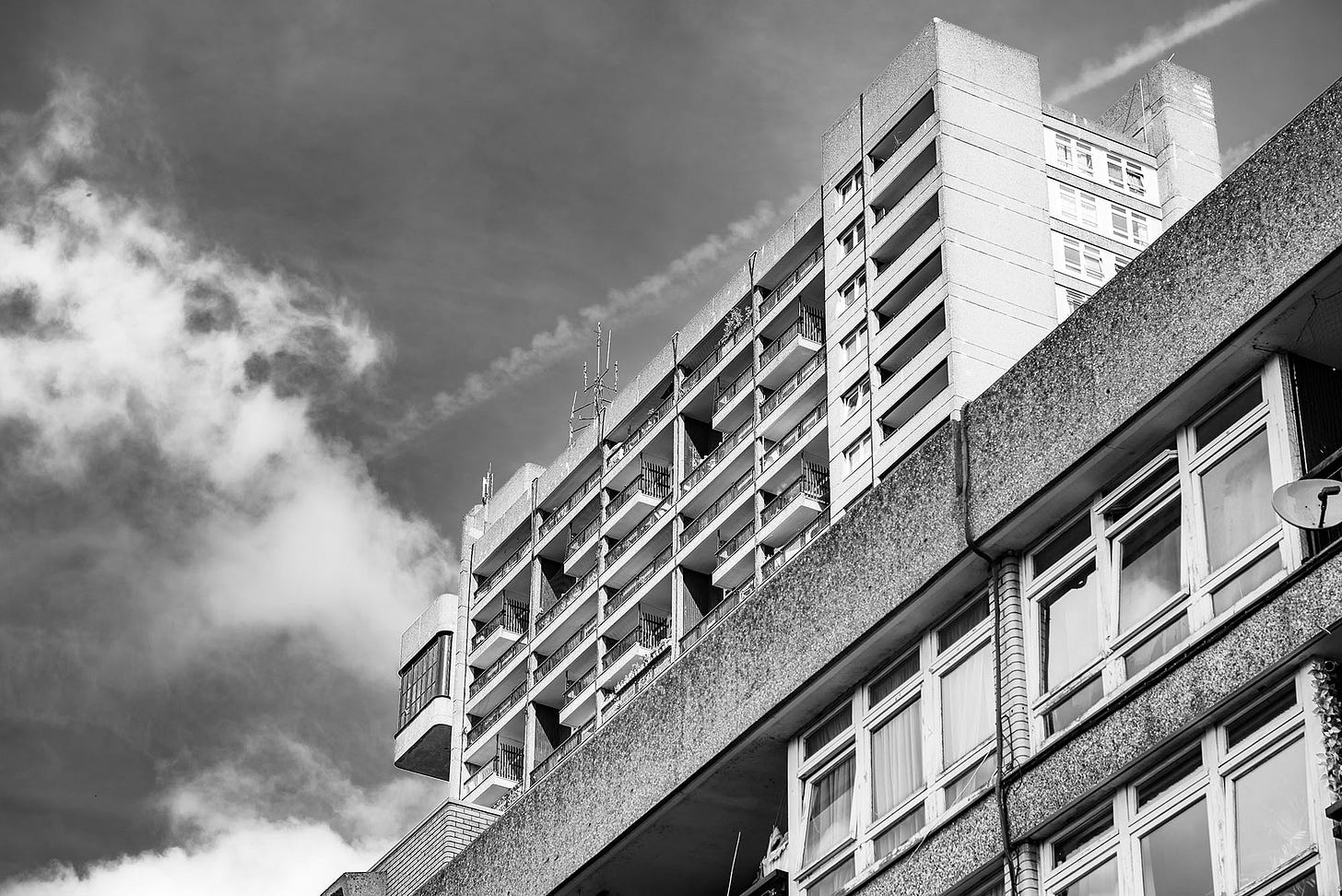Acutely unsafe: Social housing tenants are still waiting to see what better means
Plus: Why Kier Starmer should worry less about Farage and more about himself, the latest ReformWatch, The Lead Digest, and our View from the North all in The Lead's weekend edition
Social housing tenants in the UK are being failed at every level. Living conditions in many council houses and flats are not only squalid and inadequate, but some are acutely unsafe.
In 2020, two-year-old Awaab Ishak died from a respiratory condition caused by prolonged exposure to…





